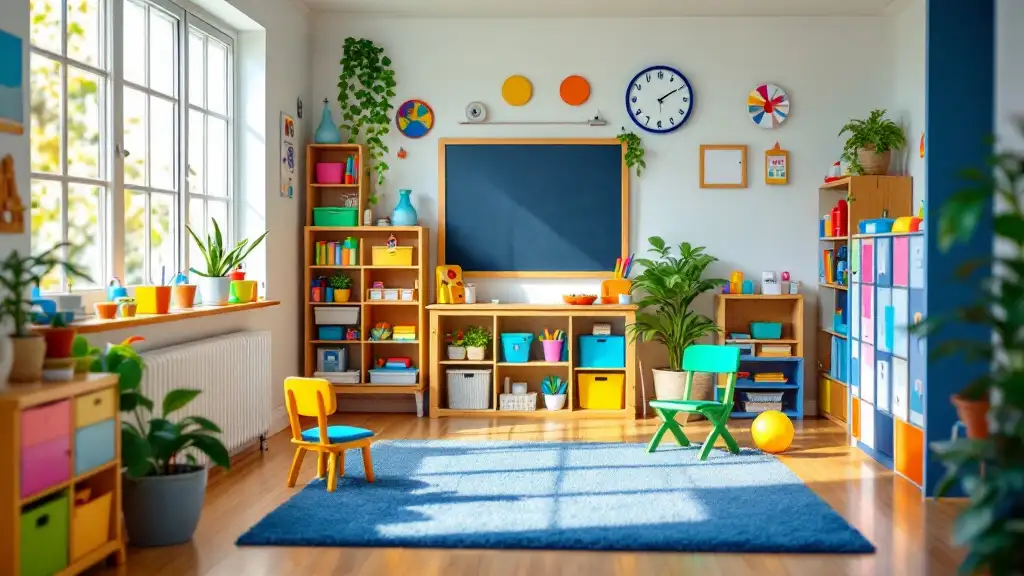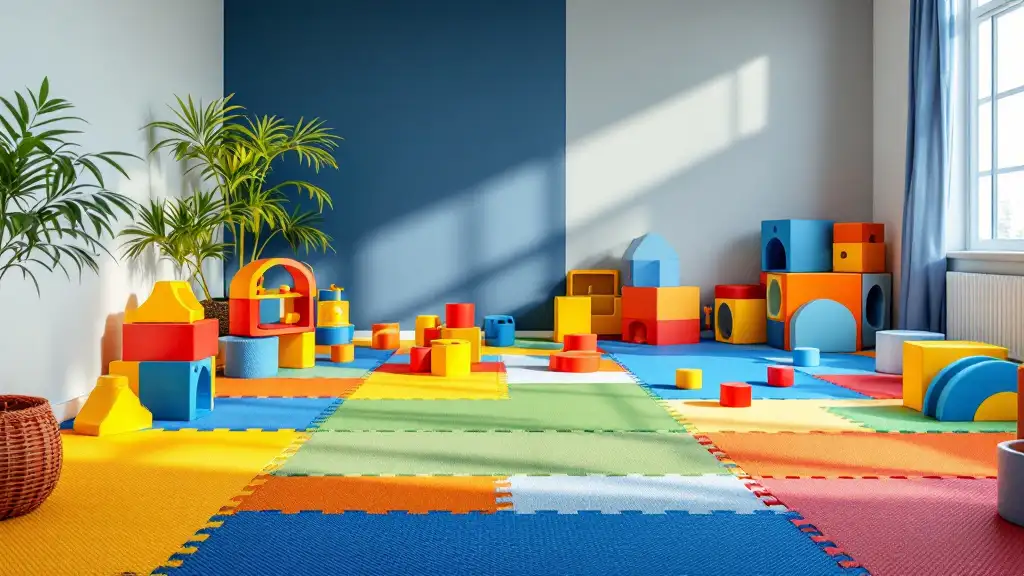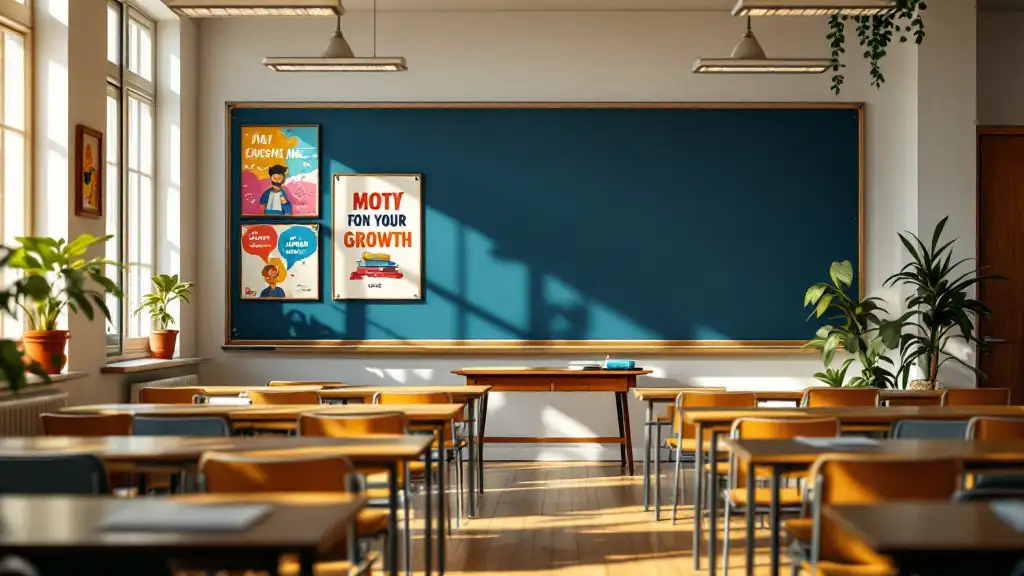
Understanding the Importance of Social Interactions
Creating positive social interactions for adults with disabilities is essential for enhancing their quality of life, promoting independence, and fostering a sense of community belonging. Developing social skills not only helps individuals build meaningful relationships but also supports their mental health, emotional stability, and overall well-being. This article explores effective strategies, interventions, and community-based approaches that facilitate social inclusion and meaningful engagement for adults with disabilities.
Structured Social Skills Development and Training
 What methods are used to help adults with disabilities develop social skills?
What methods are used to help adults with disabilities develop social skills?
Social skills training for adults with disabilities involves various practical techniques designed to improve their ability to communicate and interact effectively. Common methods include role play, social stories, visual supports, and peer mentoring. These tools help individuals understand social cues, practice appropriate responses, and build confidence.
Role play is a popular strategy that simulates real-life social situations, allowing individuals to practice behaviors in a safe environment. Social stories and visual supports provide clear, step-by-step guidance about social expectations and norms, simplifying complex social rules into understandable formats.
Peer mentoring plays a vital role by pairing adults with disabilities with supportive peers who model positive behaviors and offer encouragement. Group activities also foster social interaction, stimulate the development of interpersonal skills, and create opportunities to apply learned behaviors in actual social contexts.
How can adults with disabilities practice and improve their social skills?
Adults with disabilities can enhance their social skills through regular, targeted practice in everyday settings. Joining community groups, participating in social events, or engaging in hobbies are effective ways to create meaningful interactions.
Focusing on emotional intelligence and empathy helps in understanding others' feelings and responding appropriately. Using structured social skills training techniques like role-playing, modeling positive behaviors, and receiving positive reinforcement strengthen skills and build confidence.
Active listening, maintaining open body language, and asking questions are practical skills that promote engaging conversations. Approaching social situations with authenticity, patience, and self-compassion encourages ongoing learning and resilience.
What strategies and techniques are effective for developing positive social interactions among adults with disabilities?
Creating an inclusive and supportive environment is crucial. Social skills training programs teach communication, empathy, and cooperation, which are essential for positive interactions.
Role play and social stories offer safe spaces to practice appropriate responses to social cues. Peer mentoring and group activities serve as platforms for applying these skills, helping reduce social anxiety and foster friendships.
Involving caregivers and facilitators ensures that social skills are reinforced consistently across settings, providing ongoing support. Respecting individual preferences and needs during training also promotes genuine engagement and helps sustain positive social behaviors.
Enhancing Social Connections and Community Engagement
 Supporting adults with disabilities in building meaningful social connections is vital for their well-being and integration into the community. A variety of approaches can effectively foster social skill development and deepen social bonds.
Supporting adults with disabilities in building meaningful social connections is vital for their well-being and integration into the community. A variety of approaches can effectively foster social skill development and deepen social bonds.
Structured social skills training programs are foundational. These programs often include role-playing exercises, social stories, and visual supports that help clarify social norms and appropriate behaviors. For example, learning how to initiate conversations, interpret body language, and practice conflict resolution can empower adults to navigate social situations with confidence.
Community engagement activities provide real-life situations where social skills can be practiced and reinforced. Volunteering, participating in community events, or joining recreational programs like sports clubs or arts workshops create opportunities for individuals to meet new people and form friendships in supportive settings. These activities not only promote social interaction but also increase a sense of belonging.
Incorporating peer mentorship and support groups is another effective strategy. Peer mentors serve as role models, demonstrating successful social behaviors and offering encouragement. Support groups foster a safe environment for sharing experiences and problems, which helps individuals learn from others and develop emotional regulation and communication skills.
Positive reinforcement and immediate feedback during social activities motivate continued improvement. Teaching emotional regulation and self-advocacy—using tools like visual supports, mindfulness exercises, and conversation starters—equips adults to handle social interactions more effectively.
Combining these approaches within inclusive and supportive environments allows adults with disabilities to develop social skills that are applicable in daily life. The ultimate goal is to empower them to participate confidently and meaningfully in society.
How can broader societal inclusion be facilitated for adults with disabilities? To achieve this, society must implement comprehensive policies that promote equal opportunities and combat discrimination. Education campaigns can help dispel myths and reduce stigma, fostering greater acceptance of diversity. Accessible public spaces, transportation, and services are critical to removing physical barriers.
Employment programs tailored for adults with disabilities enable skill development and economic participation, which enhances social integration. Additionally, fostering community networks and participation opportunities encourages ongoing social interaction and inclusion.
All these efforts contribute to creating an environment where adults with disabilities are valued, supported, and included as active members of society, promoting improved mental health, self-esteem, and community cohesion.
The Role of Supportive Environments and Resources
 Supportive environments and accessible resources play a vital role in fostering social integration and independence among adults with disabilities. Residential homes staffed with dedicated support professionals provide safe spaces where individuals can learn and practice essential life skills such as doing laundry, cooking, and light housekeeping. These professionals offer daily guidance to help residents build confidence in managing their personal lives.
Supportive environments and accessible resources play a vital role in fostering social integration and independence among adults with disabilities. Residential homes staffed with dedicated support professionals provide safe spaces where individuals can learn and practice essential life skills such as doing laundry, cooking, and light housekeeping. These professionals offer daily guidance to help residents build confidence in managing their personal lives.
Community programs are also instrumental in promoting social interaction and mental wellbeing. Activities like art and music therapy, fitness classes, and community outings create opportunities for adults with disabilities to engage with others, express themselves creatively, and participate in shared experiences. These programs are often facilitated by trained professionals who foster inclusive and welcoming environments, encouraging active participation.
Transportation plays a crucial role in enabling community involvement. Accessible transit options allow residents to attend various activities, appointments, and social events easily, reducing barriers to participation.
Complementing these are life skills workshops that strengthen independence. These workshops cover a wide range of topics, including communication, social boundaries, and self-advocacy, empowering adults to navigate social settings effectively.
Moreover, art and music therapy offer avenues for emotional expression and social bonding, supporting mental health and community engagement. Supported employment services, including job-based training and ongoing assistance, help adults with disabilities find and keep meaningful employment, further integrating them into society.
Overall, creating environments rich in support, accessible transportation, diverse community activities, and targeted skill development fosters a sense of belonging and enhances quality of life for adults with disabilities.
How can these resources facilitate social inclusion?
| Resource Type | Purpose | Impact | Detailed Explanation |
|---|---|---|---|
| Residential Homes | Provide safe living spaces | Skill development, confidence building | Facilities equipped with support professionals help residents learn daily living skills and foster independence. |
| Community Programs | Promote social interaction | Boosts self-esteem, community bonds | Events like art therapy and fitness classes encourage social engagement and personal expression. |
| Transportation | Enable participation | Reduce social isolation | Accessible transit options ensure individuals can attend activities and appointments. |
| Art & Music Therapy | Emotional and social expression | Improved mental health | Creative activities facilitate communication, emotional regulation, and social bonding. |
| Life Skills Workshops | Independence skills | Self-sufficiency | Cover communication, social boundaries, and problem-solving skills vital for everyday interactions. |
In conclusion, combining these resources creates a comprehensive environment that supports the social and emotional wellbeing of adults with disabilities, paving the way for more inclusive and engaged communities.
Addressing Challenges and Overcoming Barriers
 Adults with disabilities often face significant hurdles that hinder their full participation in society. These challenges can stem from societal stigma, inaccessible environments, transportation issues, and limited digital literacy.
Adults with disabilities often face significant hurdles that hinder their full participation in society. These challenges can stem from societal stigma, inaccessible environments, transportation issues, and limited digital literacy.
Societal stigma is a pervasive barrier that can lead to social exclusion and discrimination. To counteract this, education campaigns and awareness programs are vital in promoting understanding, acceptance, and respect for diversity. These initiatives help reduce prejudices and foster a more inclusive attitude within communities.
Inaccessible environments, such as buildings without ramps or bathrooms without support bars, physically prevent individuals from engaging fully in community life. Developing public spaces and services that adhere to accessibility standards ensures that adults with disabilities can participate in social, recreational, and civic activities without barriers.
Transportation barriers can isolate individuals further. Enhancing accessible transportation options, like specialized transit services or curb cuts, allows greater freedom and independence, enabling adults to attend events, appointments, and community activities.
Moreover, low digital literacy can limit participation in online social networks and services. Providing targeted training to improve digital skills helps individuals connect virtually, access information, and engage with broader societal opportunities.
Supporting these efforts, supportive policies play a crucial role. Legislation that mandates accessibility standards, anti-discrimination measures, and funding for community programs create an environment conducive to inclusion.
Community engagement and the development of peer support networks also foster social bonds, offering emotional support and practical assistance. Combining policy initiatives with community-based efforts enhances social participation and helps adults with disabilities build meaningful relationships.
| Barrier Type | Strategies for Overcoming | Additional Notes |
|---|---|---|
| Societal stigma | Education campaigns, awareness programs | Promote acceptance and reduce prejudice |
| Inaccessible environments | Infrastructure improvements, accessibility standards | Ensure physical spaces are usable for all |
| Transportation issues | Developing accessible transit services | Enable easier travel to community events |
| Digital literacy | Digital skills training | Expand online engagement and access |
| Supportive policies | Legislation, funding, inclusive policies | Create an enabling environment for participation |
Addressing these barriers through comprehensive, community-oriented strategies can significantly improve social inclusion and quality of life for adults with disabilities.
Empowering Adults and Building Self-Advocacy
 Contributing to independence and meaningful social engagement, adults with disabilities benefit greatly from developing self-advocacy skills, understanding personal boundaries, and learning to navigate relationships effectively.
Contributing to independence and meaningful social engagement, adults with disabilities benefit greatly from developing self-advocacy skills, understanding personal boundaries, and learning to navigate relationships effectively.
Self-advocacy involves teaching individuals to express their needs, make informed decisions, and stand up for their rights in various social and community settings. Supporting this skill can include role-playing scenarios, practicing assertive communication, and encouraging participation in support groups where they can share experiences and learn from others.
Understanding personal boundaries is crucial for maintaining respectful interactions. Adults should learn about respecting others’ boundaries and communicating their own through social stories and visual supports. Discussing appropriate forms of touch, the importance of consent, and setting limits helps foster healthy and safe relationships.
When it comes to dating and romantic relationships, education about honesty, caring, and mutual respect lays a foundation for safe social interactions. Topics like consent, appropriate behavior, and maintaining boundaries are vital in promoting healthy relationships and avoiding potential misunderstandings.
Developing emotional regulation plays a significant role in social success. Techniques such as mindfulness exercises, calming strategies, and recognizing emotional triggers help adults manage their feelings during interactions, reducing social anxiety and improving stability.
Life skills targeted at independence—such as cooking, laundry, managing finances, and personal hygiene—are integrated into daily routines and supported through community programs. These skills enable adults to live more autonomous lives and participate actively in their communities.
To deepen social connections, a variety of supportive approaches can be employed. Structured social skills training programs, including role-play and social stories, help clarify social norms and improve communication skills. Community engagement—via volunteering, participating in clubs, or recreational activities like sports—offers practical and enjoyable opportunities for social interaction.
Peer mentorship programs serve as effective models of positive behavior, helping individuals build friendships and self-confidence. Support groups provide a safe environment to discuss challenges, share successes, and learn from others.
Practical tools such as visual supports, conversation starters, and mindfulness practices empower adults to initiate and sustain social interactions. Positive reinforcement and immediate feedback from caregivers and peers encourage continued practice and confidence.
Combining these strategies within supportive environments not only boosts social skill development but also enhances overall well-being, independence, and active participation in their communities. Whether through community programs, therapy, or everyday social situations, empowering adults with disabilities to advocate for themselves and build lasting relationships is fundamental to fostering a more inclusive society.
Final Thoughts and Future Directions
Creating positive social interactions for adults with disabilities is a multifaceted process that benefits from structured training, community engagement, supportive environments, and ongoing advocacy. By fostering social skills, promoting inclusive policies, and reducing societal barriers, we can help adults with disabilities build meaningful relationships, foster independence, and fully participate in their communities. Continued investment in evidence-based practices, tailored programs, and community resources is essential to ensure that social inclusion becomes a reality for all individuals.
References
- 6 Positive Effects of Social Programs for Individuals With Disabilities
- Strategies for enhancing social skills of individuals with intellectual ...
- Overcoming Social Challenges & Finding Relationships with ...
- Social Activities and Mental Health for Adults with Developmental ...
- How to Support Adults with IDD in Social Skill Development - OneWell
- Transformative Social Skill Building for Adults with Special Needs
- Basic Life Skills for Adults with Disabilities - UDS
- Helpful Tips for Teaching Social Boundaries to Adults with ...
- Improve Social Skills for Children & Adults with Disabilities!












